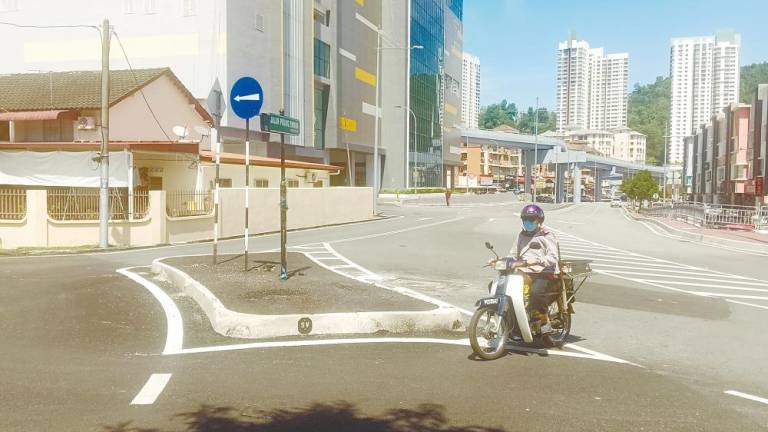PETALING JAYA: A seemingly inconsequential remark can invite a lot of trouble as student Eshwarya Andy found out recently.
She had commented on an actress’ choice of attire for a photo shoot and ended up drawing a torrent of abusive reactions from social media users.
The barrage of hateful and racist comments did not stop even after the actress, Mira Filzah, and Eshwarya quickly worked out their differences in opinion.
Fearing for her safety, the 22-year-old student finally disabled her personal Twitter and Instagram direct messaging service.
Cyberbullying is one of the most common problems Malaysian youths face today.
A 2019 United Nations Children’s Fund (Unicef) poll of young people in 30 countries showed that three in 10 youths in Malaysia have been victims of cyberbullying.
A 2018 global survey by international market research firm Ipsos showed that 23% of Malaysian parents are aware that their children have been bullied online.
Eshwarya’s trouble began when she posted a tweet accusing Mira of cultural appropriation for donning traditional Indian garments for a contact lens photo shoot.
Mira, 27, explained on Twitter that she was a Bollywood fan and offered Eshwarya an apology. Despite the fact that the matter had been settled amicably between the two, the cyberbullying went on unabated.
Sociologist Dr Charanjit Kaur, an assistant professor at the Tunku Abdul Rahman University, said cyberbulling usually stems from a sense of jealousy in the perpetrator.
“They feel the victims deserve it. They lack empathy and sympathy for the pain they cause. There are also those who do it because they have nothing better to do,” she told theSun.
“Cyberbullies send messages with the intent to hurt, humiliate and degrade their victims. Since they can do this anonymously, they do not face the consequences,” Charanjit said.
This, she added, has also led to an increase in the incidence of cyberbullying.
Another reason, she said, is the fact that technology has now made it very easy to be creative in the form of abuse they partake of.
“Social media users love to interfere in other people’s lives and offend others to get a reaction,” she said.
Charanjit said the failure of society to take the matter seriously has also empowered the abusers, turning it into an “acceptable” crime.
She proposed that media literacy education be introduced to address the problem and create public awareness about internet abuse.
She said parents should also be more proactive and be alert to their children’s social media habits.
For Eshwarya, the experience has been traumatic. “Social media has been my personal space for years but now I don’t feel safe anymore. I even fear for my physical safety,” she added.













